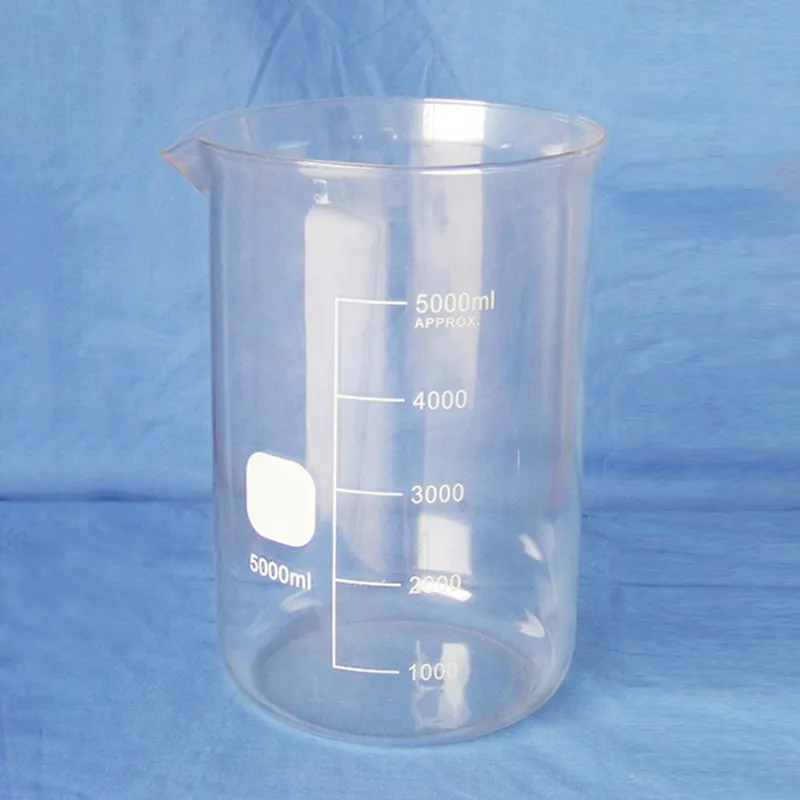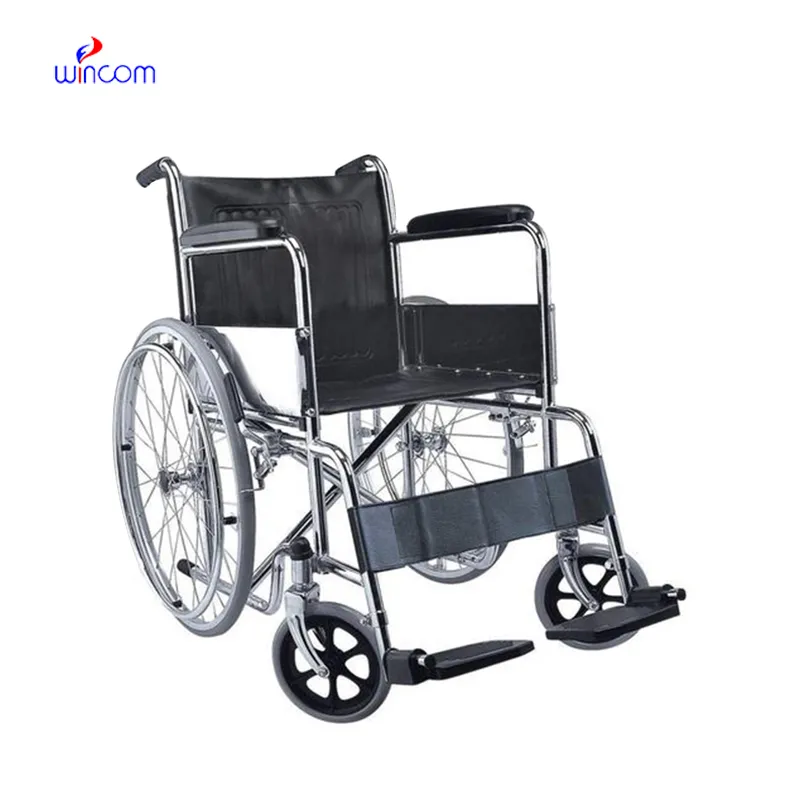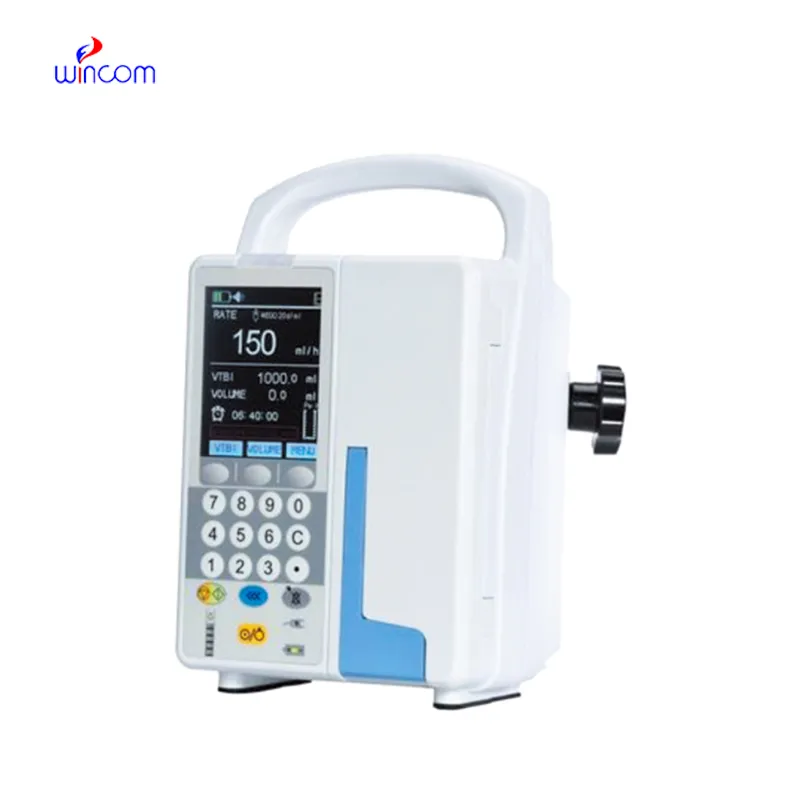
With improved magnetic field homogeneity and multi-channel receive coils, the mri machine vs ct scan offers reproducible and unambiguous imaging output. With its software platform, the system offers fast image reconstruction and custom scanning sequence application. The mri machine vs ct scan offers reproducible performance in clinical and research application.

In spinal tests, the mri machine vs ct scan offers precise cross-sectional images of discs, vertebrae, and nerve roots. It helps diagnose disc degenerative disorders, herniated discs, and compression of the spinal cord. Unbelievable accuracy is achieved in measuring alignment and detecting inflammation by doctors using the mri machine vs ct scan.

The mri machine vs ct scan will expand its role in neuroscience and molecular imaging by introducing new contrast mechanisms and biophysical modeling. This will make visualization of cellular-level activity and brain connectivity achievable. The mri machine vs ct scan will provide unparalleled insight into complex physiological processes.

Scheduled performance audits of the mri machine vs ct scan are critical to ensure image quality. Homogeneities of the magnetic field, radiofrequency calibration, and software releases need to be undertaken from time to time. The mri machine vs ct scan also need preventive maintenance to identify wear trends in cables and components at an early stage.
The mri machine vs ct scan combines magnetic and radiofrequency technologies to produce accurate and high-resolution images of the human body. The mri machine vs ct scan is widely used to diagnose vascular disease, musculoskeletal injuries, and neurological disorders. The mri machine vs ct scan enhances clinical decision-making because it produces detailed information about the internal processes of the body.
Q: What happens if a patient is claustrophobic during an MRI scan? A: Patients who feel anxious or claustrophobic can request an open MRI machine or mild relaxation medication to make the experience more comfortable. Q: Can MRI detect joint and muscle injuries? A: Yes, MRI is highly effective for examining ligaments, tendons, and muscles, making it a key tool for diagnosing sports and orthopedic injuries. Q: What types of MRI scans are available? A: There are several types, including brain MRI, spinal MRI, cardiac MRI, and functional MRI, each tailored to different diagnostic purposes. Q: Are there any risks associated with MRI scans? A: MRI is generally very safe, though individuals with implanted devices, metallic fragments, or severe kidney conditions may require additional evaluation before scanning. Q: Can MRI scans monitor treatment progress? A: Yes, MRI can track changes in tumors, inflammation, or tissue healing over time, helping physicians assess treatment effectiveness.
The delivery bed is well-designed and reliable. Our staff finds it simple to operate, and patients feel comfortable using it.
The hospital bed is well-designed and very practical. Patients find it comfortable, and nurses appreciate how simple it is to operate.
To protect the privacy of our buyers, only public service email domains like Gmail, Yahoo, and MSN will be displayed. Additionally, only a limited portion of the inquiry content will be shown.
I’d like to inquire about your x-ray machine models. Could you provide the technical datasheet, wa...
Hello, I’m interested in your water bath for laboratory applications. Can you confirm the temperat...
E-mail: [email protected]
Tel: +86-731-84176622
+86-731-84136655
Address: Rm.1507,Xinsancheng Plaza. No.58, Renmin Road(E),Changsha,Hunan,China